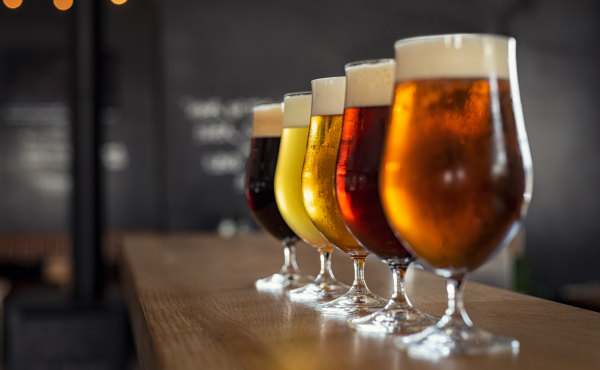A new survey from nib has found that its members appear to be exercising less but alcohol consumption is dropping three months after the lifting of the last COVID-19 pandemic isolation rules.
The company analysed the habits of 8,000 of its health insurance and GreenPass members between July 2021 and November 2022, using its HealthCheck survey. An additional 1,500 people were surveyed, three months after COVID-induced restrictions were lifted.
The analysis found that health habits among members aged 45 and over declined the most when it comes to exercise and sleep. They exercised less, down by 17 per cent per week, dropping from 3.64 to 3.01 days per week. Those aged 36 to 45 also exercised less, recording a drop of 12 per cent after restrictions ended.
For the younger cohort aged 18 to 25, exercise remained steady at 2.7 days per week.
nib chief medical officer Dr Rob McGrath said the data indicates that members might find have found it hard to make time to prioritise exercise, once restrictions were lifted.
“During peak lockdown periods across Australia, many people took the opportunity to exercise, in an isolated environment, because they were not travelling to work, or meeting up with friends,” said Dr McGrath.
“In Sydney and Melbourne, where Australians experienced lengthy lockdowns, people appear to have used the opportunity to get outdoors.
“The results from our latest survey respondents are beginning to tell a different story.
“Now that restrictions have lifted, people may have started to put their health on the backburner. Days are filled with work, family and social activities that can often shift exercise down on the priority list."
The analysis also found that members, on average, kept similar sleep patterns (a slight drop from 7 hours to 6.9 hours per night). Yet there was a more obvious decline in feeling ‘well rested’ among those aged 45 years and over (62 per cent compared to 55 per cent). All other age groups reported feeling less rested, except for those aged 18 to 25, who reported an increase in feelings of being well rested (from 45 per cent to 48 per cent).
“Adults over the age of 18 should aim for between seven and nine hours of sleep each night,” continued Dr McGrath. “But the type of sleep is important. If you’re not getting enough deep sleep, it’s common to not feel rested, which can contribute to poorer health outcomes over the long term.
“Factors like stress, anxiety, and too much caffeine or screentime before bed can affect deep sleep. Setting a good sleep routine, including going to bed at the same time every night, avoiding caffeine or too much alcohol, possibly meditating and setting up your room comfortably can help improve sleep."
Weekly alcohol intake fell (12 per cent decrease) for respondents in the second survey. Levels of ‘unhealthy drinking’, that is, those who reported alcohol consumption above the Australian Alcohol Guidelines recommendation of no more than 10 standard drinks per week, declined 2 per cent, from 11.7 per cent of those surveyed to 9.7 per cent.
Members surveyed aged 36 and over reported they drank less. They lowered their alcohol consumption from an average of five standard drinks to four standard drinks per week. The proportion of these members in the unhealthy drinking range also decreased by a quarter (22 per cent), from 15 per cent during the pandemic to 12 per cent of the cohort post-isolation rules lifting.
While rates of unhealthy drinking fell among older age groups, rates of unhealthy drinking increased significantly in the 18 to 25-year-old cohort. Alcohol consumption increased by 25 per cent in this group, from an average of 2.5 to 3.1 standard drinks per week.
“Our data shows some obvious trends between young people and their drinking behaviours. The lifting of restrictions has coincided with the holiday season, so young people may have been getting out more and making up for lost time, which may lead to greater alcohol consumption,” added Dr McGrath.
